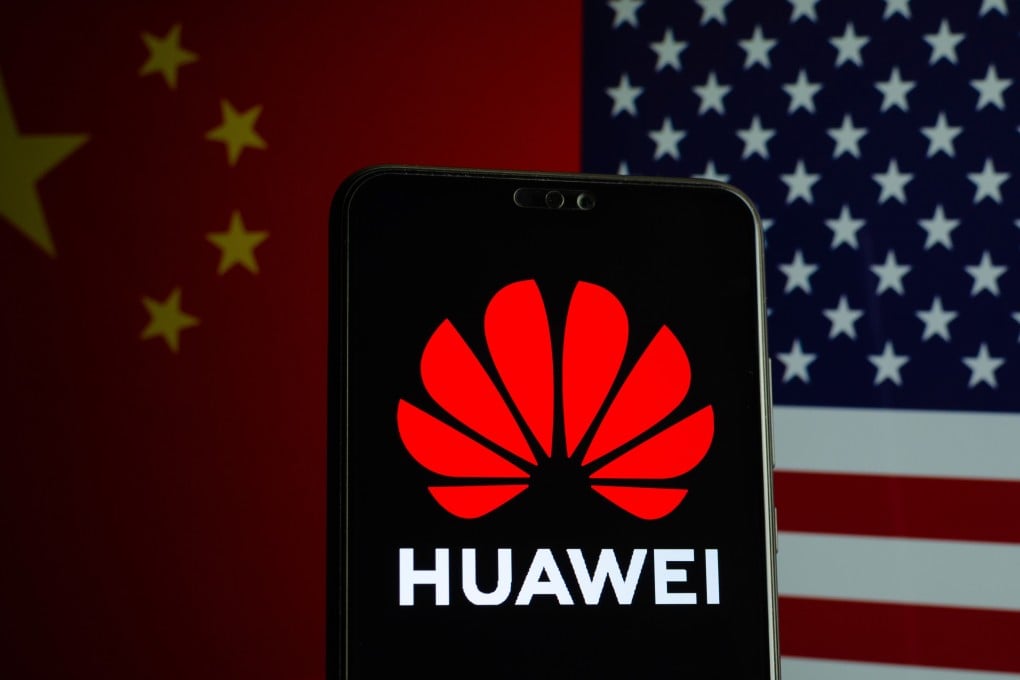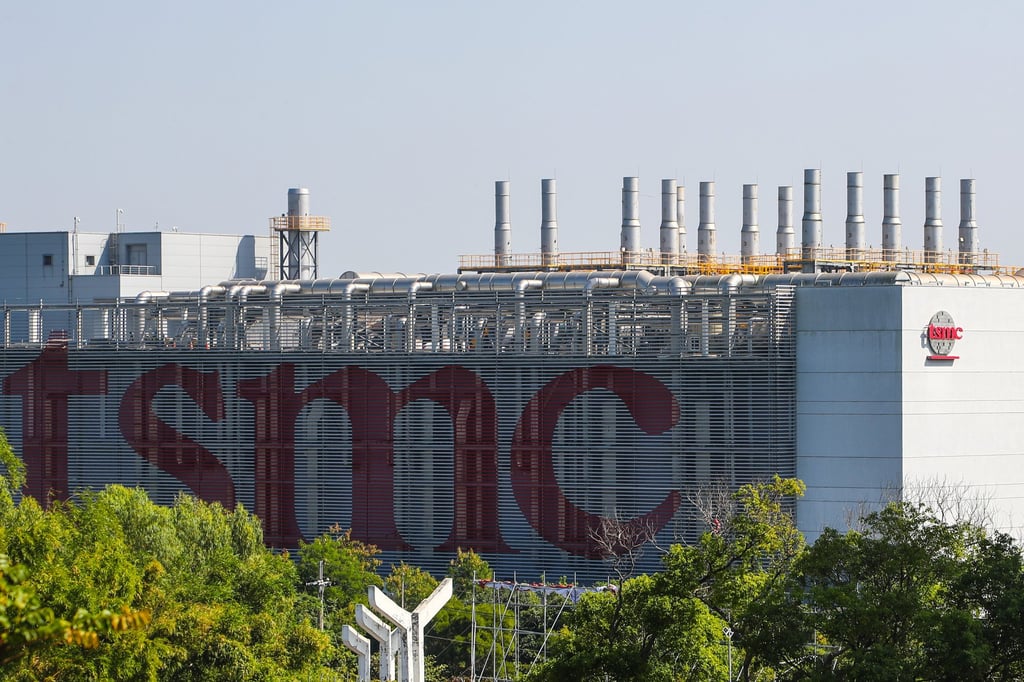TSMC tech in Huawei’s AI chips raises questions about ‘porous’ supply chain
It remains unknown how TSMC dies found their way into Huawei’s Ascend 910B, but analysts say it shows the limits of Washington’s sanctions

“US long-arm sanctions on China’s semiconductor sector have proven to be porous,” said Arisa Liu, a research fellow and director at the Taiwan Institute of Economic Research.
The discovery has caused a scramble to find explanations for what happened. TSMC has since halted shipments to an unnamed customer after discovering one of its chips supplied to the client ended up in a Huawei product, Reuters reported on Wednesday. The chip maker also notified the US government and Taiwanese authorities about the incident, a possible breach of US export controls, according to Taiwan official media.

In a previous statement, TSMC said it has not supplied Huawei since September 2020. Huawei said it has not “produced any chips via TSMC after the implementation of the amendments made by the US Department of Commerce to its [foreign direct product rule] that targeted Huawei in 2020”.
For now, there are more questions than answers. The duration, size and scope of the suspected customer’s cooperation with TSMC remain unknown. The customer’s relationship with Huawei, or whether it has any relationship with the Chinese telecoms equipment maker at all, is also unknown. It is not certain whether the TSMC dies found by TechInsights made their way into Huawei hardware via the same customer.
Whether Huawei had access to TSMC’s advanced foundry capacity directly or through indirect proxies, it is a sign that the strict US semiconductor restrictions targeting the Chinese national champion are compromised, analysts say.
The TechInsights finding has largely gone unreported in official Chinese media, although several social media accounts translated and cited foreign media reports.
